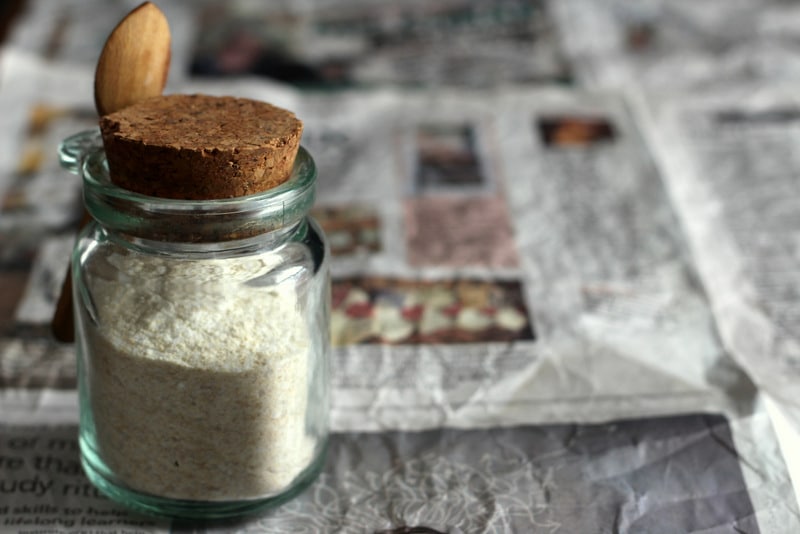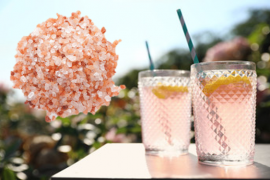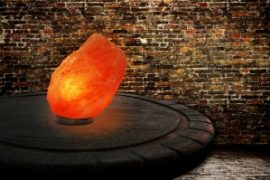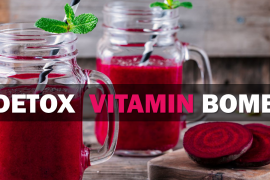This unusual remedy was popular with the English but the main ingredient has been used by ayurvedic and Egyptian medicine for thousands of years. Mustard was used in bath preparations for colds and flus, achy muscles, and stressful days. I love the sound of this and can’t wait to try it.
11-time Olympic swimmer Natalie Coughlin swears by them – this what she has to say:
“It’s supposed to be detoxifying. It’s part of ayurveda,” Coughlin says, referring to the traditional medicine of India. “It’s a great way to relax on the road.” source
This recipe from the lovely Mommypotamus will soon sooth your aching bones. Try it and see.
So how does it work?
If you’ve ever bitten into a jalapeno and felt beads of sweat form on your forehead, you’ve already experienced one of the primary benefits associated with mustard. It contains several compounds that are thought to stimulate circulation, warm the body and soothe muscles.
The recipe below is an adaptation of a common traditional one, which usually includes mustard, essential oils and benzoin resin in a base of sodium carbonate or baking soda. In addition to mustard, here’s what we’ll be using:
Magnesium – Because it is well-absorbed through skin, bathing in magnesium-rich water is one of the best ways to raise our magnesium levels. Magnesium is vital for over 300 metabolic reactions within the body, including ones that help with detoxification and relaxation. We use either epsom salts (magnesium sulfate) or magnesium flakes (magnesium chloride). This is my favorite brand.
Baking Soda – This simple pantry staple is much less harsh than the sodium carbonate used in some commercial versions of this formula. It softens the water and your skin.
Essential Oils – This recipe includes essential oils of eucalyptus, thyme and rosemary, which are all types of monoterpenes. These oils have long been considered helpful for opening nasal passages and supporting healthy respiratory function, and they smell amazing when blended with wintergreen, which is considered helpful for relaxing muscles. However, none of these oils are generally considered appropriate for children, so I’ve included alternate suggestions below if you’re planning to add this to your little ones’ baths.
Ascorbic Acid or Sodium Ascorbate (Optional) – If your bath water contains chlorine, you can add ascorbic acid or sodium ascorbate to neutralize it. Though chlorination levels vary in different municipalities, the United States Department of Agriculture estimates that 1 gram is enough to neutralize roughly 100 gallons of water. That’s about 1/4 teaspoon per 100 gallons.
While our bodies are designed to sleep best in a relatively cool environment (usually 65-72F), one study found that a hot bath 1.5 hours before bed decreased sleep fragmentation (aka sleep disruptions) in older adults suffering from insomnia.





